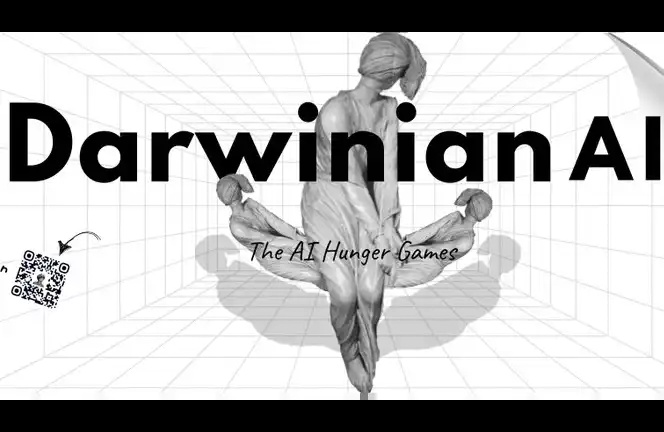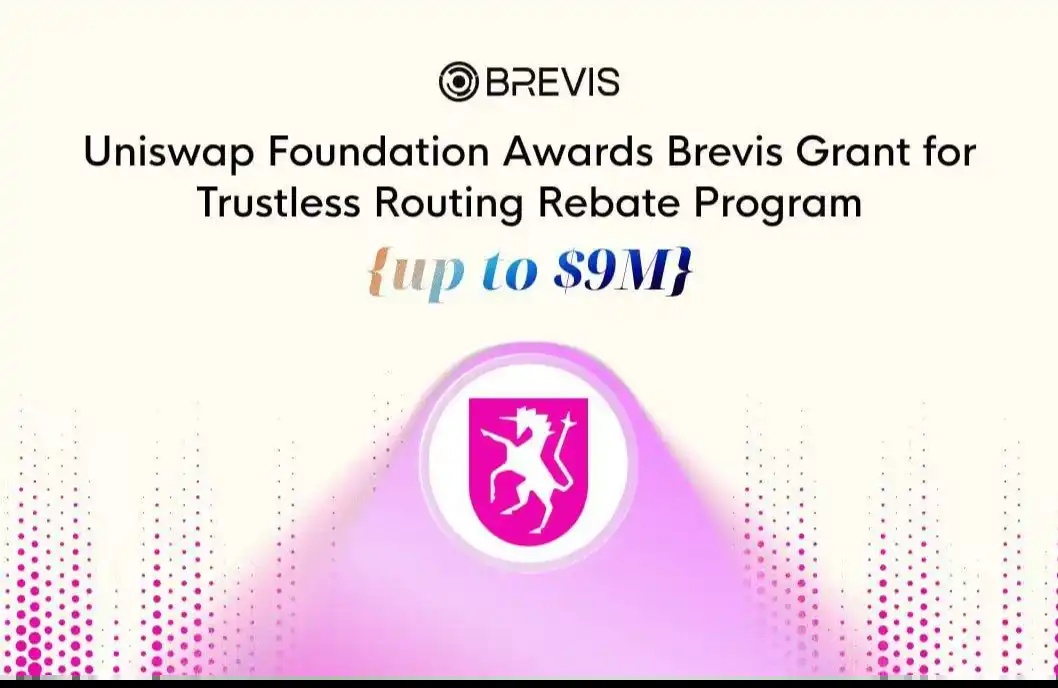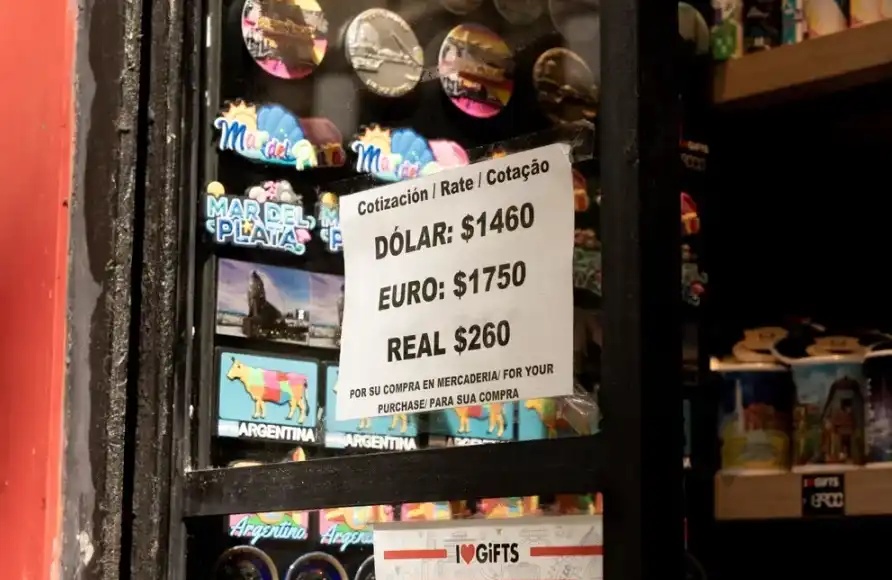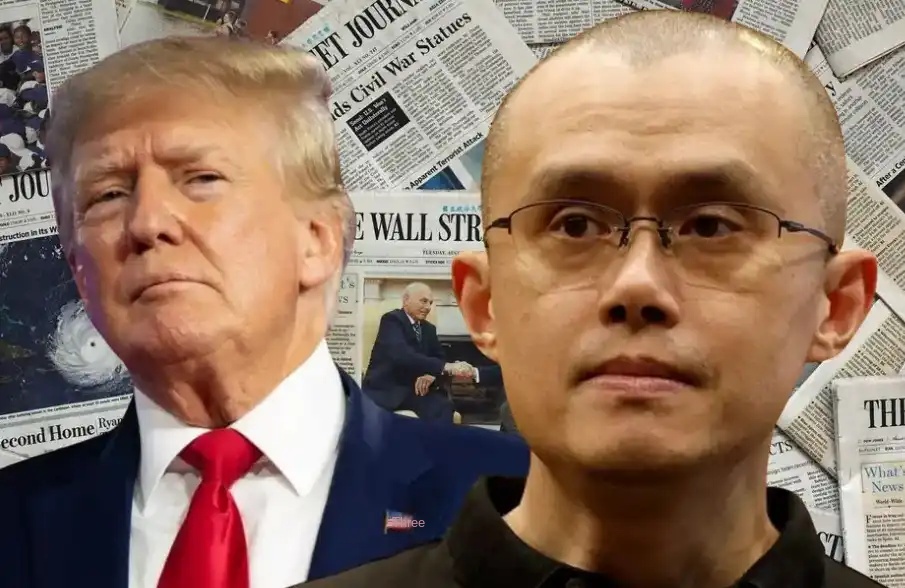It's time to get to know the four GameFi kings of the Starknet ecosystem.
Author: 0xFacai, BlockBeats
The long-awaited Starknet "Quantum Leap" mainnet upgrade is finally coming.
According to official sources, after upgrading to version 12.0, the time it takes for the Starknet network to include transactions is expected to be less than 15 seconds under normal circumstances, and the TPS of the Starknet network will reach triple digits.
As the upgrade date of the Starknet mainnet approaches, the Loot ecosystem game Loot Realms will also open its first playable version, LootSurvivor, to players on the Starknet mainnet at the end of July this year. As the first chain game launched on the Starknet mainnet, Starknet's Quantum Leap will bring changes to players' experience and will be validated in this game.
Starknet is not Realms' first choice. In fact, Realms initially chose to develop games on Arbitrum. However, after a period of time, the team found that although Arbitrum could reduce the cost of game transactions, it was not low enough to meet the needs of high-frequency trading of in-game assets. The advantage of Starknet is that it not only reduces transaction costs to a lower level, eliminates the withdrawal process that takes up to 7 days, but also meets the complex game requirements of "having larger computational complexity and a large number of transaction scenarios". Therefore, the Realms team chose to migrate the game to Starknet.
Nowadays, "the most suitable infrastructure for developing full-chain games" has become the main narrative of Starknet. As the launch date of the "Quantum Leap" mainnet version approaches, whether Starknet is truly the most suitable infrastructure for developing full-chain games will soon be verified.
The mainnet upgrade is imminent. It's time to get to know the four kings of the full-chain game on the Starknet ecosystem.
Extended Reading:Starknet Founder: What Does the V12 Quantum Leap Upgrade Bring Us?
Loot Realms
There have been countless derivative projects in the Loot ecosystem over the years, but Realms is the only game derivative project that has survived to this day.
Realms was born out of a hackathon team, initially only presenting a dashboard related to data visualization for the Loot ecosystem (Loot and its derivative assets). Later, the team from Bibliotheca joined and their vision also became "helping to continuously expand the on-chain hyperverse based on interactive metaverse games" on the Layer 2 chain.
After more than a year of development, the on-chain game of Realms has taken shape. It is built and deployed using the open-source game engine Dojo. It has not only accumulated a group of loyal test players and developers, but also a well-designed economic cycle system and infrastructure based on the Starknet Layer 2 solution. As the highly anticipated Starknet "Quantum Leap" mainnet upgrade date approaches, Loot Realms will also open its first playable version, LootSurvivor, to players on the Starknet mainnet at the end of July this year. Currently, the native token of LootRealms, Lords, has been bridged to Starknet, and users can purchase the token on the decentralized trading platform JediSwap on Starknet.
For any game to continue to operate stably, it must have a well-designed economic system. By analyzing the four important aspects of production, accumulation, trading, and consumption in the game system, it can be determined whether there is a need for game item trading, whether the asset supply speed and asset consumption demand have reached dynamic balance, and whether the entire system can be expanded to attract more participants or players.
Realms has various types of assets, including:
1) The initial issuance of assets is 8000 Realm NFTs, which are a series of kingdom cities, each with its unique geographical location: they are either cities or regions, adjacent to rivers or near ports; each Realm produces different mineral resources, with a total of 22 different combinations of Resources, each with a different quantity (scarcity); in addition, 50 Realm NFTs also have 50 mythical wonders (Realms with Wonders will tax other Realms), such as the Temple of Chaos, the Azure Relic Box, and the Altar of Divinity;
2) Native Token LORDS, in addition to governance functions, mainly serves as a trading intermediary for various assets, props, and equipment within the game;
3) Resources refer to the various tokens used for different functions/purposes within the game. There are a total of 22 different resources available in the initial release of the game, each with its own unique use case. Players need to manage their resources and maximize their productivity by exchanging and trading them on the market.

On-chain games require a settlement layer with extremely low transaction costs for high-frequency trading scenarios. Starknet is clearly the best choice for this.
In fact, Realms initially adopted the Arbitrum Layer 2 expansion plan (which was deployed on Alpha on Arbitrum), but after developing for a while, the team found that although Arbitrum can reduce the cost of game transactions, it is not the best solution for high-frequency trading of in-game assets. Starknet can reduce transaction costs even further, without the withdrawal process of up to 7 days, and can also meet the complex game requirements of "having larger computational complexity and a large number of transaction scenarios". So the Realms team chose to migrate the game to Starknet.
Funding Information
Realms is a pure community project that originated from a hackathon. It is not backed by any big investment institutions, and the team initially raised funds by selling 8000 Realms NFT plots. In February 2022, they received a 5ETH grant from the Starknet team, and completed a total of $3,970,473.75 community fundraising in February of this year, as reported by The Block Beats. It is worth mentioning that the fundraising target for this round was originally set at $625,000, and was only open to community members, which means it was oversubscribed by 6.35 times.
Current Progress
Realms currently only supports the trial text RPG game LootSurvivor. With the support of Starknet, it is expected to bring a better player experience.

Realms will adopt the Play2Die model to attract game developers. This is a market-based incentive model, where the quality and popularity of the game will determine the developer's compensation.
As the highly anticipated Starknet "Quantum Leap" mainnet upgrade approaches, Loot Realms will also open its first playable version, LootSurvivor, to players on the Starknet mainnet at the end of July this year. Currently, the native token of LootRealms, Lords, has been bridged to Starknet, and users can purchase the token on the decentralized trading platform JediSwap on Starknet.
Official website: https://linktr.ee/BibliothecaDAO
Official Twitter account: https://twitter.com/LootRealms
《Building Economically Sustainable, Hyperstructures Through On-Chain Games》
Dope Wars
Dope Wars is a hip-hop pixel-style strategy game based on Starknet, inspired by "Drugs Wars". "Drugs Wars" is an OG game set in New York City and centered around drug trafficking, and is the largest and most fun gangster game ever.

Dope Wars originated during the heyday of Loot and completely copied the Loot distribution model. It released a total of 8000 NFTs for free, just like Loot bags, each NFT randomly equipped with different items, such as AK, Rolls-Royce, gold chains, diamond rings, Gucci belts, black hoodies, Air Jordan 1s, and of course, a lot of drugs. Subsequently, Dope Wars airdropped 125,000 $PAPER tokens to each Dope Wars NFT holder, similar to Adventure Gold (AGLD) tokens.
Except for NFT and Paper, the Dope Wars ecosystem has previously issued Hustlers, which are character roles in the ecosystem. They can be minted for free and default to being naked. By unlocking items in the Dope Wars NFT, players can equip their characters with weapons, clothing, cars, necklaces, and other gear (DOPE Gear).
Unlike the otaku geek style of "Loot", "Dope Wars" focuses on a GTA-style street route, with equipment and drug war cultural themes that are very in line with the style of the cryptocurrency community. Therefore, the community atmosphere was very active at the beginning, attracting a large number of early OGs.
The initiator of Dope Wars is perama, who is also the founder of the Starknet game infrastructure Cartridge. Later on, tarrence.eth and other members of the founding team joined as core contributors to the project.
Current Progress
The first playable mode RYO has been released: RYO is the first playable mode initiated by Dope Wars, which stands for Roll Your Own. RYO is a remake based on the Dojo engine and is a game engine for Dope Wars based on Starknet L2.
The core is to extend the drug arbitrage mechanism to a multiplayer environment, creating a competitive and constantly evolving gaming environment. In this environment, each player's actions will affect the in-game economy.
Players will enter the location of Dope Wars, arbitrage the prices of drugs in different regions, accumulate wealth, and dominate the streets. The player's decisions will directly affect the market price changes. For example, if a player buys a large amount of drugs in a certain area, the market price may rise; while if there are players selling a large amount, the market price may fall. This adds a new strategic level to the game, and players need to make decisions based on market trends and the actions of other players.
In addition, random events will occur between rounds and have an impact on prices. This means that market prices are not only influenced by player actions, but also by random events within the game, making the game more diverse and challenging.
For players, they need to adjust their strategies based on market trends (deterministic) and random events (uncertain) in order to succeed in the game.
Dope Wars has developed its own visual Marketplace and launched a game experience version Dope Frenzy on the Starknet network. However, as the market cooled down, the development of the game has entered a stagnant state, but it is currently available for experience.
Related Reading:
"Dope Wars - Cartridge team participated in the development of GTA game"
Influence
Influence is a large-scale space strategy sandbox MMO game based on Starknet. It combines elements of 4x, management, and open-world RPG, allowing players to freely explore, gather resources, build, and engage in battles in the Adalia galaxy, and construct their own interstellar empire. All assets and core game logic of the game are deployed on the blockchain.

Influence has been launched on Starknet in August 2022, and conducted the final asset sale event "Prepare for Launch Sale" before the Exploitation Release in March 2023, while also announcing the latest Token economic model.
Regarding the community, there are currently only 14 third-party developer applications officially included, among which there are also other active projects in the Starknet ecosystem such as Guildly and Cartridge. There are 6 Grant projects on the list that are officially sponsored. At the same time, the story settings written by community members are also quite rich, accumulating tens of thousands of words of text content, and the quality is quite good.
With the release of Dojo, the official team is also trying to use Dojo to remake games. The upcoming Exploitation Release is expected to perform well.
Official website: https://www.influenceth.io/
Official Twitter account: https://twitter.com/influenceth
Related Reading: "On-chain Gaming Series 3: 'Inheritance of Will - MUD&Dojo'"
Topology
Topology is a native game development team in the Starknet ecosystem. Their vision is to create truly deep, powerful, inclusive, open-built, and physics-based blockchain games.
Topology was founded by @guiltygyoza and @iamkunhokim. Unlike most teams that focus on full-chain games, engines, or other developer tools, Topology focuses on the implementation of the underlying "rule layer" in the fully autonomous world, creating a "chain-based reality".

Topology believes that creating Autonomous Worlds only requires providing a platform and setting initial "physical parameters," while the progress of the entire game world is determined by the players themselves. The games they create are also inclined towards integrating blockchain and gaming as new media, combining them with physical knowledge.
So far, the Topology team has developed three games:
Isaac: This is a collaborative construction game that combines "The Three-Body Problem" and "Factorio". It was launched on June 24, 2022. Players team up to enter a planet in the Three-Body System and work together to use the resources on the planet to build a propeller and escape the environment to win. In ISAAC, the team has built a real-time simulation of the physical model of the planet and the positions of three suns, and introduces the player's actions as parameters, increasing the chaos and complexity of the system, providing players with a deep gaming experience.
《挪挪》(Mu-Mu): "Mu-Mu" is an experimental product launched on November 7, 2022. It is an algebraic digital physics simulator that focuses on creating a new concept of creation for players. In "Mu-Mu", players need to design a machine that is completely designed and used by the player, and can also be given new concepts by other players to complete different tasks or goals.
Latest project "Shoshin": This game was announced at STARKTokyo in April 2023. It is a strategy combat game where each side needs to set their own Mind (combat strategy) for their Agent (character), and the Agents will engage in battle based on these rules. Each decision and battle result in each frame will be verified and settled on the chain. Shoshin Playtest is currently available for application.
Official website: https://www.topology.gg/
Official Twitter account: https://twitter.com/topology_gg
Welcome to join the official BlockBeats community:
Telegram Subscription Group: https://t.me/theblockbeats
Telegram Discussion Group: https://t.me/BlockBeats_App
Official Twitter Account: https://twitter.com/BlockBeatsAsia


 Forum
Forum Finance
Finance
 Specials
Specials
 On-chain Eco
On-chain Eco
 Entry
Entry
 Podcasts
Podcasts
 Activities
Activities
 OPRR
OPRR









